On 6 January 2026, the United Arab Emirates and the Federal Democratic Republic of Ethiopia held high-level discussions during the working visit of His Excellency Sheikh Shakhboot bin Nahyan Al Nahyan, Minister of State.
Both sides…
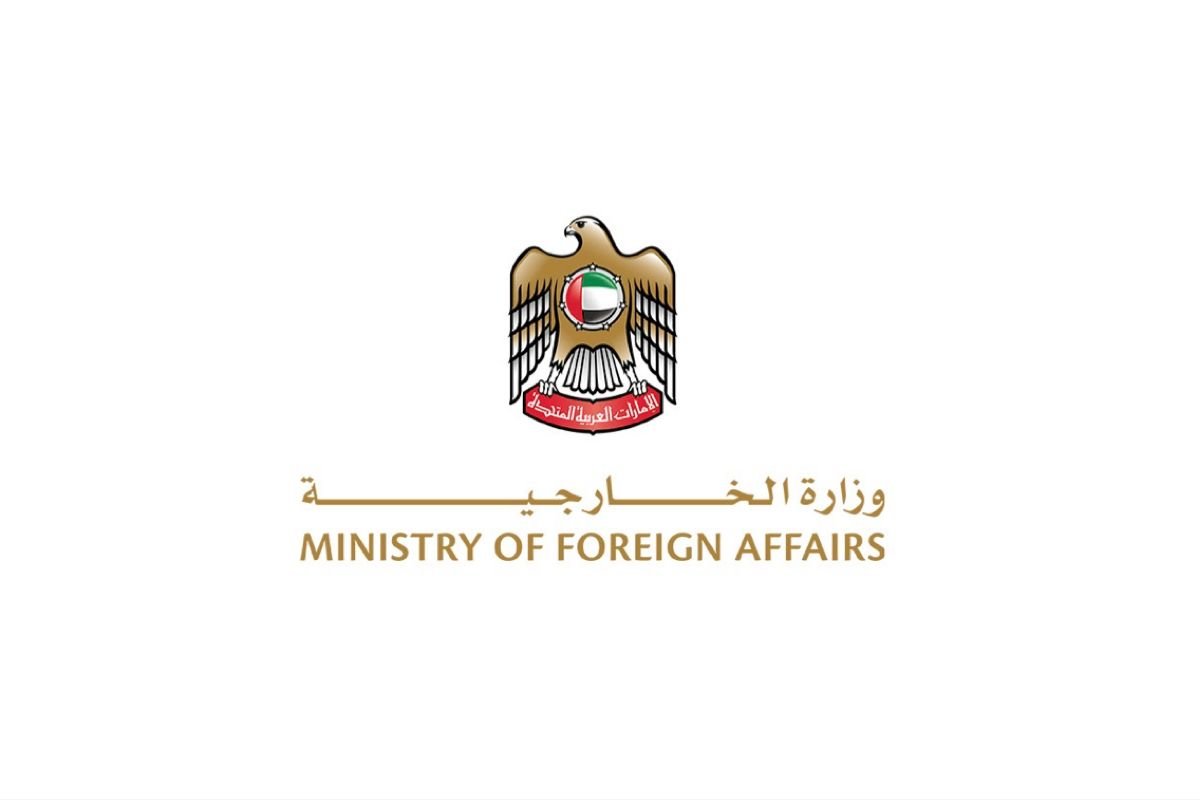
On 6 January 2026, the United Arab Emirates and the Federal Democratic Republic of Ethiopia held high-level discussions during the working visit of His Excellency Sheikh Shakhboot bin Nahyan Al Nahyan, Minister of State.
Both sides…
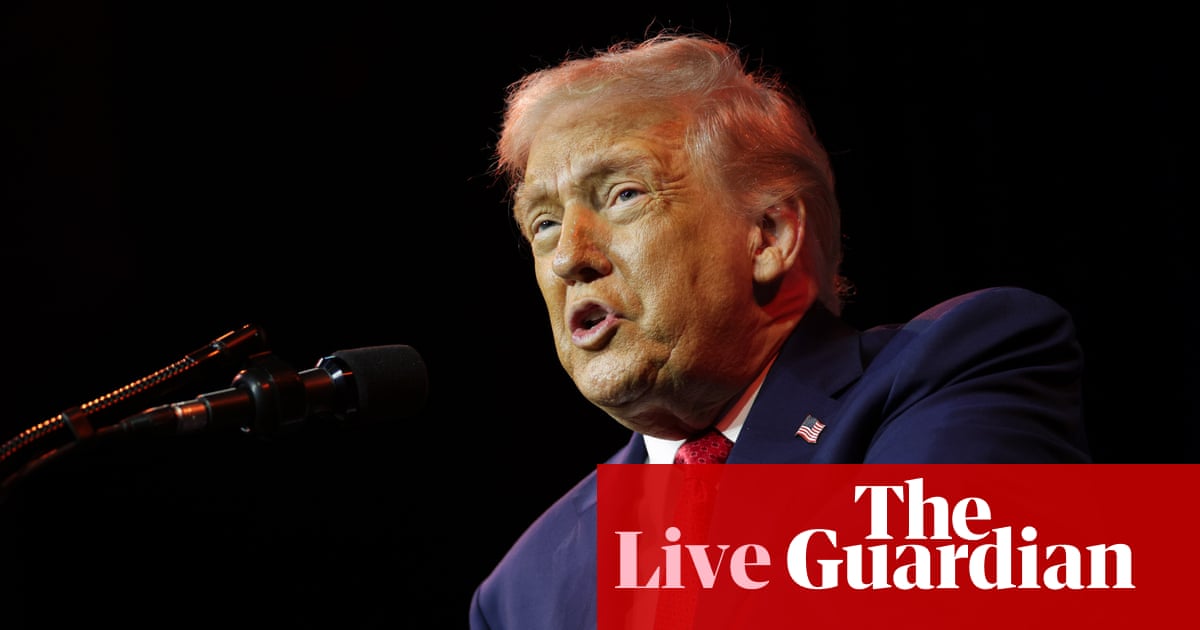
Donald Trump has characterized the weekend strikes on Venezuela’s capital, Caracas, as “amazing” and “brilliant”.
“It was amazing. And think of it, nobody was…
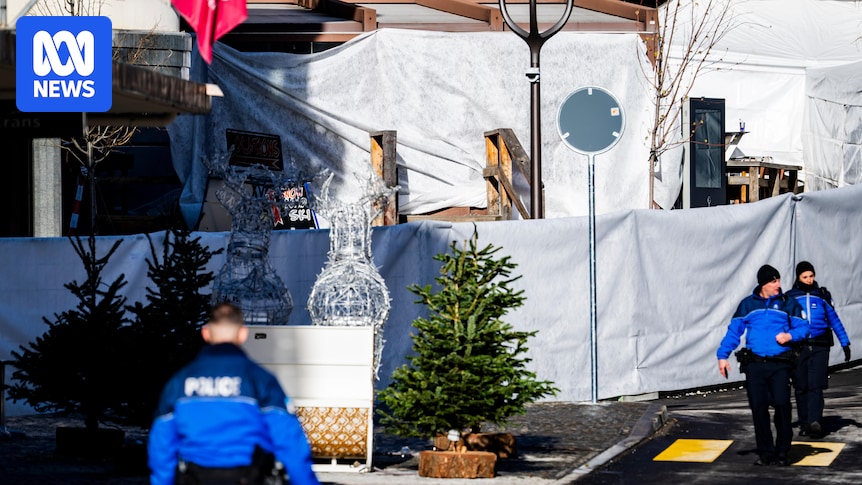
Fire safety inspections hadn’t been carried out since 2019 at the Swiss bar where a fire at a New Year’s party left 40 people dead and over 100 injured, local authorities say.
Investigators have said they believe sparkling candles on top of…

The number of people requiring interventions against trachoma, the world’s leading infectious cause of blindness, has fallen below 100 million for the first time since global records began. There were 1.5 billion people estimated to be at risk…
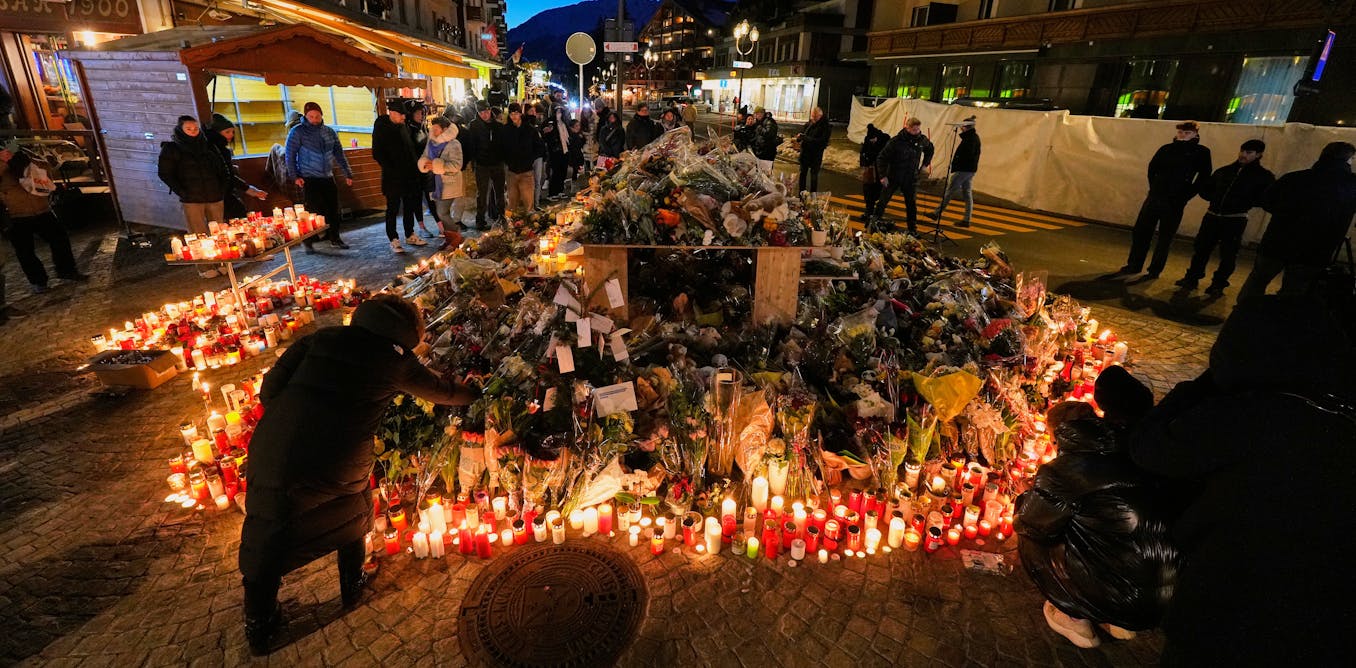
In the early hours of Jan. 1, 2026, a fire ripped through Le Constellation bar in Crans-Montana, Switzerland, killing 40 people and injuring 116, many of them severely.
Investigators believe the blaze began when sparklers on champagne…

Restrictions on TV and online junk food advertising have come into force with the aim of better protecting children from its harmful influence.
From today, adverts for less healthy food and drinks will no longer be shown on…
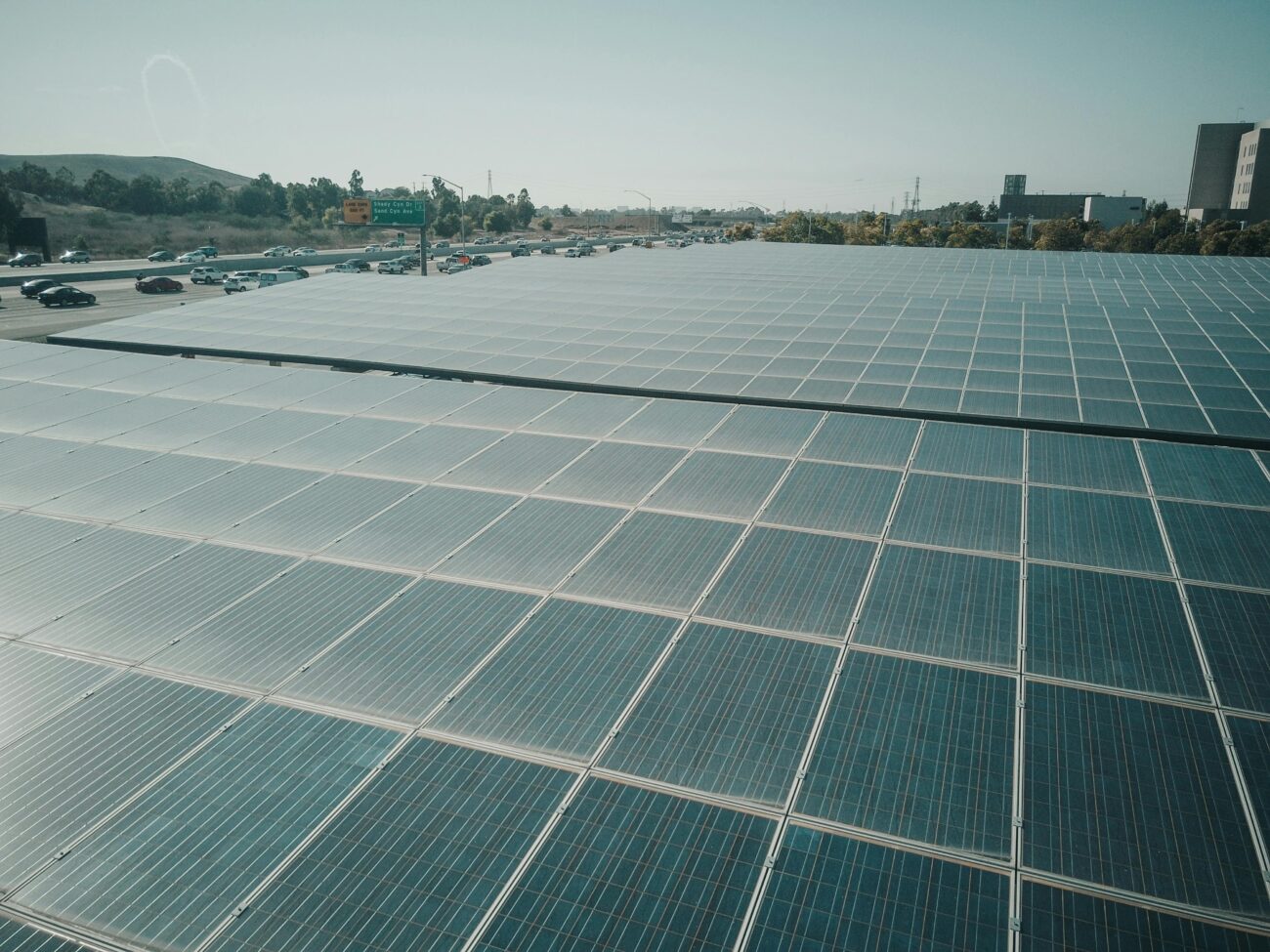
Clean energy technologies have become more affordable around the world. Yet for many countries in the Global South, the cost of transitioning to a low-carbon economy remains disproportionately high. But not because the equipment is more…